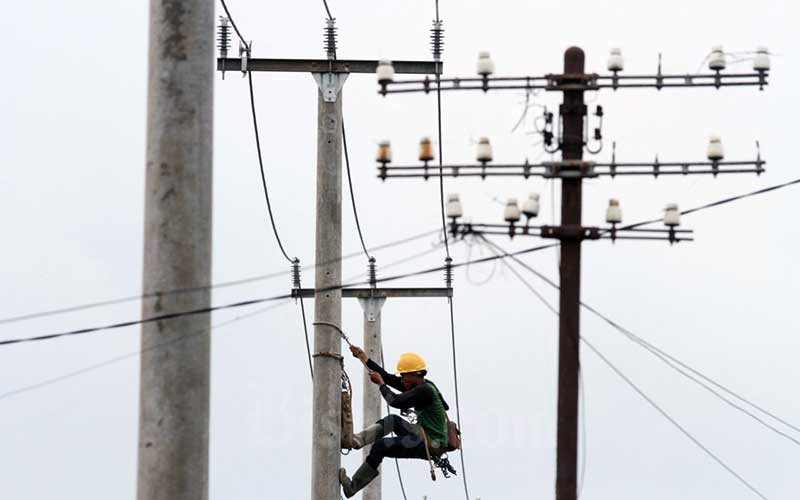[ad_1]
Wildlife rescuers have saved more than 200 pilot whales from a mass stranding on a beach in Western Australia’s southwest.
But 31 of the whales could not be saved despite rescue efforts by authorities.
The whales stranded themselves at Toby’s Inlet, near Dunsborough, about 243km southwest of Perth.
Speaking on ABC, Geographe Marine Research chairman Ian Wiese said it was a good story because usually similar events of this nature had seen about 100 whales die and only about five being saved.
“In this case, there was well over 200 along the beach here and nearby, and about 31 that are deceased but the rest got away which is an amazing story,” he said.
“There are 31 on the beach here that are deceased, they are being measured and having statistics taken by marine biologists and they will be taken away to landfill somewhere.”
Mr Wiese said no one really knew why whales stranded themselves and the “world was puzzled by these types of events”.
“I don’t think we are any closer to understanding it,” he said.
When Mr Wiese first arrived to the scene on Thursday morning there were about 160 whales that were almost out of the water and about 200 people who were with the whales.
“They were trying to comfort them and make sure their heads were out of the water so they could breathe,” he said.
“After an hour or so, all of a sudden the ones that were still alive left and went out to sea.
“They may well decide to come back to shore somewhere on another beach nearby, that is something that often happens, but we are hopeful that they won’t.”
It is the third mass stranding that Mr Wiese has attended in WA’s southwest.
“Each time there were nearly 100 of the same species that beached themselves and the outcomes were very poor in those situations,” he said.
On Thursday morning, authorities warned people there could be increased shark activity in the area, saying it was possible that dead and injured animals could attract sharks close to shore.
Mr Wiese said he had not seen any evidence of sharks, but it was why authorities would try and remove the deceased animals as quickly as they could.
“At this time of the year we have a salmon migration and sharks swallow the salmon schools, so I think they are pretty well fed at the moment,” he said.
Earlier in the day, Parks and Wildlife reported there were about four pods of whales spread across 500 metres of the coastline.
Another 20 whales were in a pod about 1.5km offshore and another pod of 110 whales were together closer offshore.
DBCA regional wildlife officer South West Pia Courtis said the dead whales were being removed from the beach, and authorities were taking measurements and samples.
“We have vessels out on the water and spotter planes up in the air doing searches every couple of hours to see where they are,” she said.
“So far, so good. They haven’t made it back to shore but we will keep monitoring them.
“They haven’t been reported coming in closer than that, so hopefully they are out there in deeper water.”
Ms Courtis said it was important to remove the dead whales from the water to stop encouraging other whales that were in the water to strand back again and they were using vessels to keep the pilot whales that were in deeper water offshore.
“Every whale stranding is different and there are different situations, so it is hard to say, but we have learnt some things from Cheynes Beach (Albany),” she said.
“We put those into play here but it is hard to tell it is a different location, but we will try to take as many samples as we can to see if there is anything happening in the population.
“Obviously, when you have large groups of whales you do attract other species in like sharks, so people need to be mindful of other species that are around.
“What we want to do is keep people safe and want to stabilise our animals quickly, and think about the health and welfare of those animals that are beached.”
DBCA senior research scientist of marine fauna Holly Raudino said there were a variety of reasons why whales might beach themselves and it could be that one member of the pod was ill and the others followed it.
“Sometimes it might be some kind of noise disturbance, or disease could be a factor so it is very varied,” she said.
“We are taking a number of samples, particularly the priority is to exclude infectious diseases.”
Authorities are collecting morphmetric measurements to determine the sex and age of the whales that are dead, then will conduct post mortem tests.
“I have only seen some of the animals, but it looks like most of them are adult females with a few young ones, but no initial ideas as to what’s caused the stranding,” she said.
“There was an anecdotal report that one of the individuals was visibly ill and it is one of the whales still free swimming out there.
A Parks and Wildlife spokesperson said they were making every effort to safely respond and keep volunteers and staff safe, while also acting interests of the whales.
“Our team is assessing the conditions of the whales that have stranded on the beach,” a spokesperson said.
“Our teams on the water are trying to keep the animals together and away from the beach.
“Based on previous strandings involving this species of whale, such as at Cheynes Beach near Albany last year, these events usually resulted in beached animals having to be euthanised as the most humane outcome.
“We always hope for the best outcome.”
Earlier, police and authorities asked people to keep away from the rescue effort as cars lined nearby roads with people who wanted to help and see the huge rescue effort that was underway.
“While we appreciate the strong desire to help, the area has become overcrowded with volunteers who are impacting on authorities attempting to mobilise a response,” a police spokesperson said.
“If your vehicle is parked on Caves Road, please considering moving it to allow for the access of resources.
“Your co-operation is very much appreciated.”
A Parks and Wildlife spokesperson said they knew people wanted to help but asked that people did not attempt to rescue the whales without direction from DBCA staff, because it could cause further injury and distress to the animals and hinder a co-ordinated rescue effort.
“The highest priority at mass whale stranding events is always human safety followed by animal welfare.”
“We want all staff and volunteers to go home safe.
“We ask that people please follow instructions of DBCA staff to ensure the highest human safety and animal welfare outcomes are achieved.”
[ad_2]
RPT




